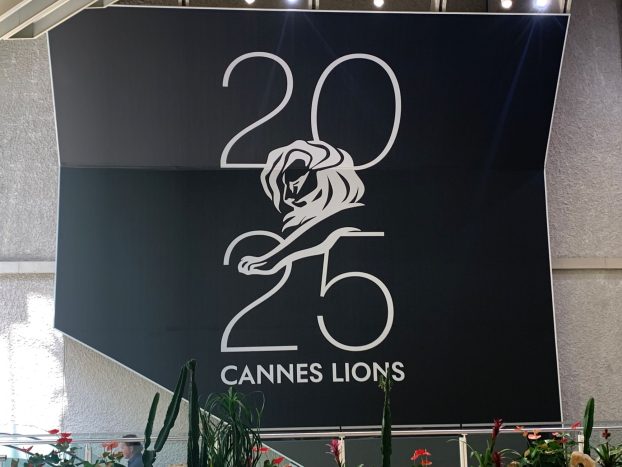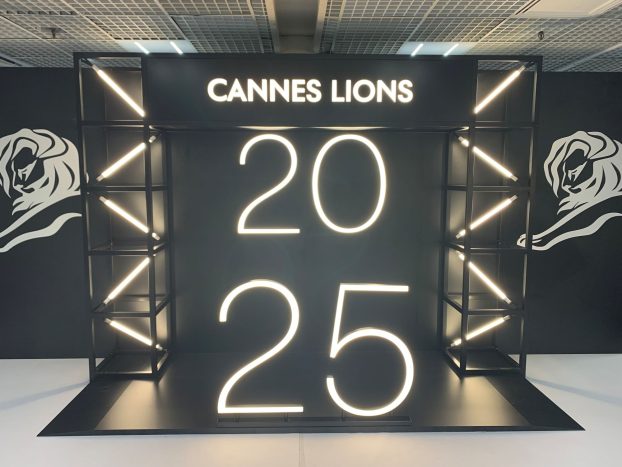While record companies, retailers and file sharing services of questionable legality jockey for position in a financially shaky music industry, the makers of the devices that play the digital music files are poised to come right up the middle as winners, regardless of what happens.
Various electronics and computer makers have introduced MP3 players to the market, in part capitalizing on a new phase in the music wars that has recently witnessed the arrival of legal music download services such as iTunes, Napster and Canadian entry Puretracks.
Because of their unsanctioned nature, free services like Kazaa tend to require a slightly higher degree of computer sophistication on the part of the user and are therefore less accessible (i.e. there is no professional technical support and dissemination is by word of mouth). This acts as a brake, however minimal, on mainstream adoption of the technology.
But with sanctioned services appearing, backed by traditional marketing campaigns such as interactive contests, TV and radio creative, the technology and its related apps may find acceptance among a wider segment of the population. And that means more people will want MP3 players.
Describing the category as ‘very dynamic,’ Adrian Murphy, VP of Toronto-based market research firm NPD Hardlines, estimates the market’s value at $35 million to $45 million. Sales in 2003 for MP3 players (dedicated players, not multifunction devices such as phones or PDAs that also play MP3s) have doubled those of last year and Murphy expects the category to reach as much as $60 million by the end of next year.
Price points are also dropping rapidly – by an average of 8% – further enabling entry by consumers. ‘I suspect it’s going to have a very, very strong Christmas,’ says Murphy.
Although most polls (see Strategy/Decima poll, p. 7) and the continued popularity of services like Kazaa would seem to suggest otherwise, John Tyler, product manager for software and peripherals at Toronto-based Dell Canada, which markets its own MP3 player, says people are realizing that in most cases, downloading copyright protected material from Kazaa is illegal.
‘There is a realization among consumers that the legal download service is the way to go,’ he says. ‘When customers have an available, affordable source of music they will want the capability to play that music on their home stereo, or home computer.’
Toronto-based Sony Canada has already recorded benefits it attributes to the arrival of iTunes in the U.S., despite it not being available in Canada.
According to Ravi Nookala, VP marketing, Sony has seen a ‘big surge’ in sales of its MP3 players, recording a 70% increase in Canadian sales in the last six to eight months.
Sony markets three major brands: Net MD Walkman, CD Walkman and the Network Walkman. Differences between them primarily relate to storage formats. The CD Walkman, for example, also plays standard CDs. The Network Walkman is a high-end product that uses a memory stick instead of a hard drive like the Net MD.
Backed by a big marketing push that began last year, Net MD sales increased 70% this year. Ad dollars in 2003 have been focused on the CD Walkman, which has experienced 15% to 20% growth in 2003.
Sony’s current marketing strategy includes endcaps at Future Shop outlets for Net MD, and, for its CD Walkman, this month’s return of a TV campaign that originally ran on MuchMusic from August to September. Marketing, most of it created in-house, is targeted at a 12-to-20 demo and college-age youth.
So far, among Canadian marketers, Mississauga, Ont.-based Panasonic may be the first to directly take advantage of online marketing opportunities presented by the new download services. ‘It certainly will be beneficial,’ says Denise Charlesworth, manager of advertising and public relations.
‘It legitimizes legal downloading of services and makes a wide variety of music available. It certainly presents opportunities for us to market our products.’
Last month the company launched www.getnlucky.com, an interactive site designed by Ottawa-based Fuel Industries. It’s aimed at a youth demo and offers consumers a chance to win various Panasonic prizes, including MP3 players.
Panasonic partnered with Universal Music and download service Puretracks for a cross-promotion where consumers play a game based on weekly episodes chronicling a young man’s attempt to get a girl’s phone number.
Various prizes go to the final winners, but just for playing, consumers get a weekly, free Puretracks download.
The downloads can be accumulated and at the end of the promotion’s eight-week run in November, redeemed for a full album download at Puretracks.
‘We took advantage of Puretracks’ launch,’ says Charlesworth. ‘We wanted to be able to offer entrants an incentive for playing. Our objective was to try to make the younger demographic aware of some of the cool, hip products that Panasonic does have, including portable MP3 players.’
But it’s not just the obvious marketers getting into the act. Dell, best known for making computers, is also entering the consumer electronics market in a bid to stave off shrinking margins for its personal computer business.
Its entry into the MP3 category is the Digital Jukebox. Tyler says Dell plans to push the Jukebox heavily for the Christmas season, though most of it is incorporated into Dell’s general marketing program. Created by Toronto-based Sharpe Blackmore EURO RSCG, the program includes national daily newspaper ads and inserts, inclusion in a Canada-wide catalogue, an online e-mail campaign and a November-only instant-savings promotion for the Jukebox’s 15GB model.
The company is also touting its Dell Music Store, a co-branding arrangement with the Music Match service. The Music Store is an application that allows download of a music player, which in turn allows downloading of songs for 99 cents each via Music Match.
While the Music Store isn’t yet available in Canada because of licensing issues, Tyler says Dell is currently working to introduce it.
Markham, Ont.-based Apple Canada feels much the same way as Dell about prospects for its best-selling iPod.
‘The more these downloadable services become part of the whole vernacular of what people do, it’ll help drive the sales of MP3 players and specifically the iPod,’ says Elizabeth Snip, national marketing director.
However, like most other manufacturers, upcoming marketing isn’t specifically tied to the arrival of legit downloading services. Snip does expect iPod to capitalize by association but says, ‘the messaging doesn’t specifically say that.’
Snip says it’s difficult to know whether the launch of Puretracks and the re-launch of Napster has translated into increased sales in Canada because such specific tracking isn’t done. But she expects to see sales increases should Apple’s own iTunes head north – if U.S. activity is any indication.
She says the iPod has become so popular that Apple has had trouble filling orders worldwide. ‘We’ve seen a huge increase [in iPod sales] along with the launch of iTunes in the U.S.,’ she says.
Meanwhile, Apple is putting more weight behind its iPod with a wide-ranging advertising campaign touching outdoor, TV and radio.
In Toronto, billboards went up in September and run until the end of December. As well, a national TV campaign targeting major markets Vancouver, Toronto and Montreal began the second week of November and will run for three weeks.
A radio promotion at 11 stations in four markets breaks at the end of November and runs for one month. It will feature DJs giving away iPods on air. Apple creative is done by TBWALos Angeles and localized as necessary by TBWAToronto.
Unlike Dell, which is tagging Jukebox marketing onto existing advertising, Snip says Apple’s advertising is ‘all about the iPod. It’s become an almost iconic fashion accessory of the very hip crowd.’
Despite the optimism, not everyone feels sanctioned download services will make much of a difference to the fortunes of MP3 makers.
Kaan Yigit, partner at Toronto-based Solutions Research Group Consultants, says the market is there anyway as a result of Kazaa-like services. ‘If Puretracks didn’t launch last month I don’t think it would have made a big difference to the sales of MP3 players,’ he says.
Separated at birth?
 |
 |
The Apple iPod ads, created by TBWALos Angeles, bear a striking resemblance to earlier, award-winning creative done for Toronto’s Flow 93.5 radio station by Toronto-based Taxi. But hold on to your decorum – no one is mad and there are no lawsuits afoot. Zak Mroueh, CD at Taxi, say’s he’s sure it wasn’t intentional.
‘I like to give people the benefit of the doubt. I’m sure they didn’t intentionally do it, but there’s no doubt they’re the same thing,’ he says.
The creative for both marketers features stylized, silhouettes dancing around in TV and print executions. Both also feature bold, simple colours in their design.
Mroueh says he’s not particularly surprised by the coincidence because it happens in the industry from time to time. ‘What happens is you’re working on a brief and you come up with something similar. I can’t believe people go out there and deliberately steal an idea. It would be the death of your career.’
Perhaps the greatest concern when ads for different products look the same is that the consumer may get confused. Though acknowledging there may be some chance of that here, Mroueh largely shrugs it off. After all, the Apple campaign is international and Flow’s is limited to the Toronto market.
At the end of the day, Mroueh looks on the bright side: ‘When that happens you always want to be the first one to do it. So I’m glad we were first.’























